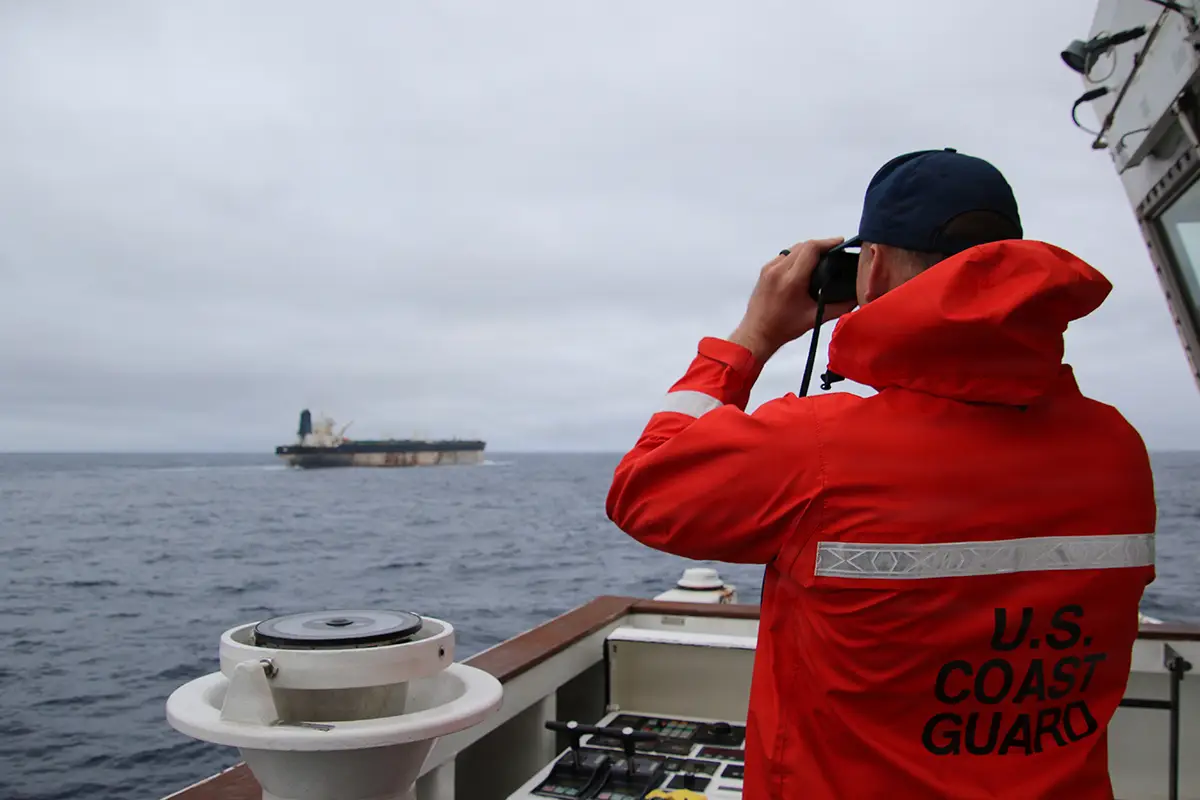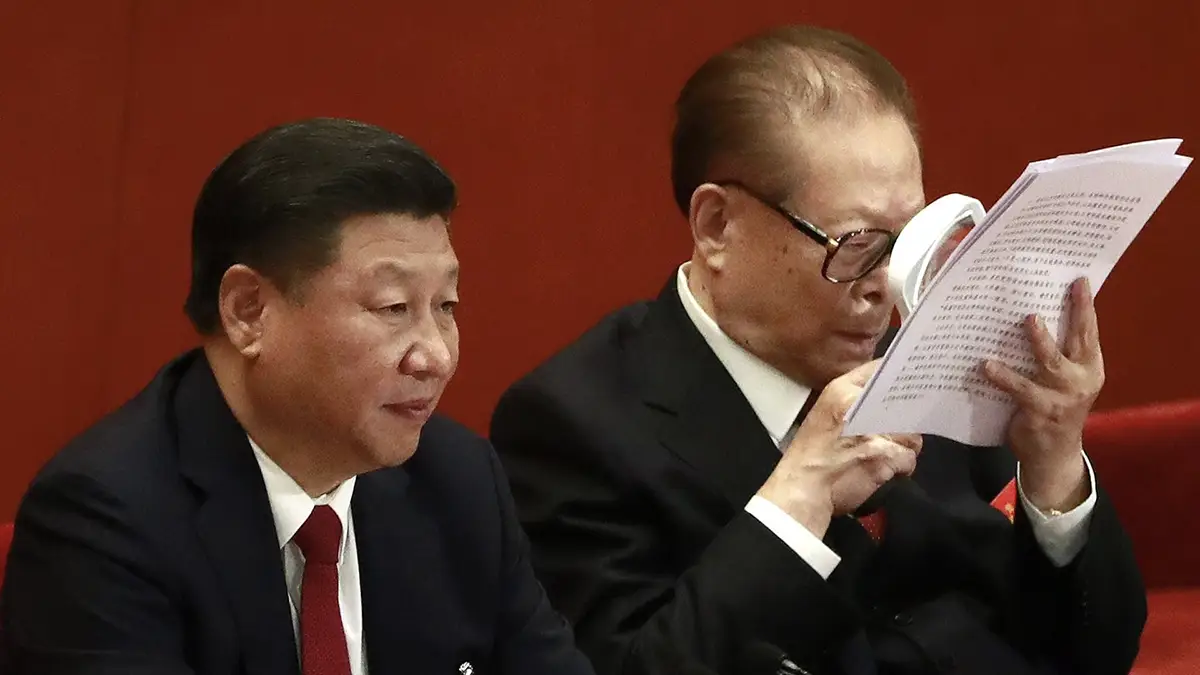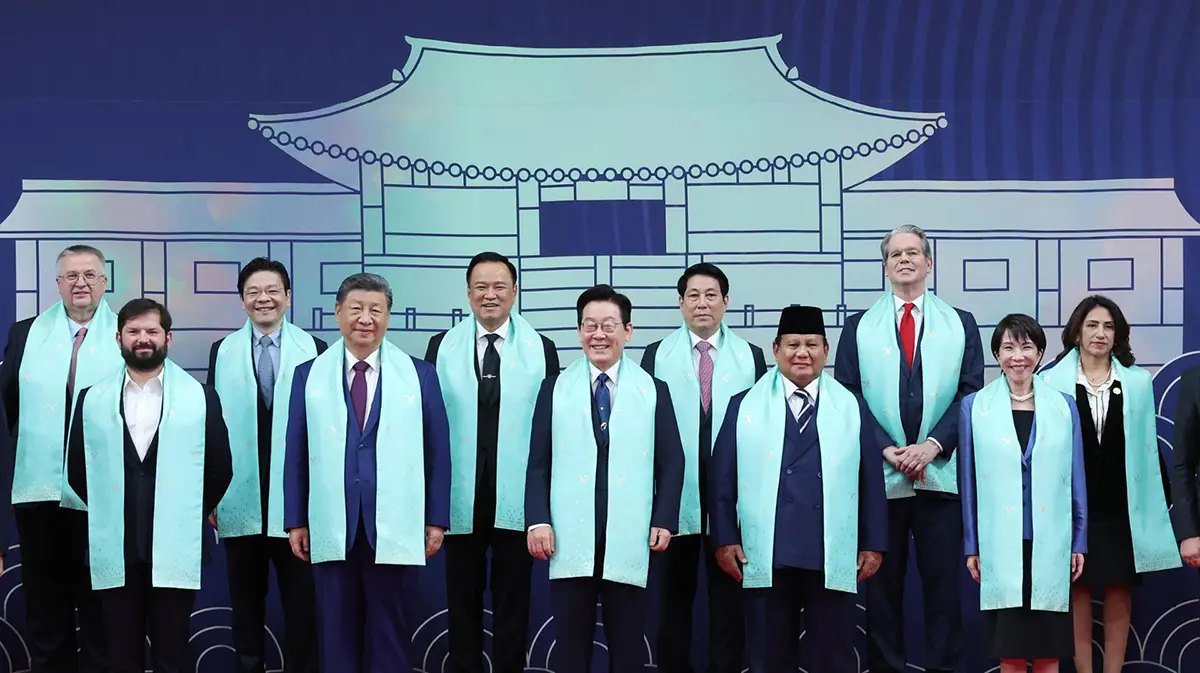Special operations forces (SOF) are at an operational and generational inflection point, as they pivot to an increasing focus on strategic competition and welcome members of Generation Z into their ranks. As popular narratives surrounding Millennials made clear, younger generations of adults may have leadership styles and preferences that differ markedly from those that came before them. Given that SOF comprise a multigenerational force, questions emerge of how older special operators might understand the needs of younger SOF and what the strengths and weaknesses are of different leadership styles across generations within the force.
To understand if or how leadership styles may need to change to motivate younger generations of special operators, we conducted discussions with current and past senior SOF leaders and subject matter experts (SMEs), reviewed empirical and theoretical research and examined popular narratives and informed opinions about the characteristics, traits and attitudes of younger generations, as well as the requirements of military leadership on the future battlefield. We compared leadership traits identified as important to SOF, important to younger generations and important to success on the future battlefield and identified 11 leadership traits for SOF that spanned all three categories, as shown in the table below.
| Context | Leaders | Followers | |
|---|---|---|---|
| Character | |||
| Character | ✔ | ✔ | ✔ |
| Creativity | |||
| Creativity | ✔ | ✔ | ✔ |
| Flexibility | |||
| Flexibility | ✔ | ✔ | ✔ |
| Determination | |||
| Determination | ✔ | ✔ | ✔ |
| Competence | |||
| Competence | ✔ | ✔ | ✔ |
| Relationship Builder | |||
| Relationship Builder | ✔ | ✔ | ✔ |
| Trustworthiness | |||
| Trustworthiness | ✔ | ✔ | ✔ |
| Problem-solver | |||
| Problem-solver | ✔ | ✔ | ✔ |
| Approachability | |||
| Approachability | ✔ | ✔ | ✔ |
| Empowerment | |||
| Empowerment | ✔ | ✔ | ✔ |
| Risk-taker | |||
| Risk-taker | ✔ | ✔ | ✔ |
| Self-awareness | |||
| Self-awareness | ✔ | ✘ | ✘ |
| Intelligent | |||
| Intelligent | ✔ | ✔ | ✘ |
| Discipline | |||
| Discipline | ✔ | ✔ | ✘ |
| Judgement | |||
| Judgement | ✔ | ✔ | ✘ |
| Transparency | |||
| Transparency | ✔ | ✘ | ✔ |
| Patient | |||
| Patient | ✔ | ✘ | ✘ |
| Team Player | |||
| Team Player | ✘ | ✔ | ✘ |
| Humility | |||
| Humility | ✘ | ✔ | ✘ |
| Initiative | |||
| Initiative | ✘ | ✔ | ✘ |
| Independence | |||
| Independence | ✘ | ✔ | ✘ |
| Decisiveness | |||
| Decisiveness | ✘ | ✔ | ✔ |
| Maturity | |||
| Maturity | ✘ | ✔ | ✘ |
| Pragmatism | |||
| Pragmatism | ✘ | ✔ | ✔ |
| Dedication | |||
| Dedication | ✘ | ✔ | ✘ |
| Commitment | |||
| Commitment | ✘ | ✔ | ✘ |
| Pragmatism | |||
| Pragmatism | ✘ | ✘ | ✔ |
| Motivational | |||
| Motivational | ✘ | ✘ | ✔ |
| Optimistic | |||
| Optimistic | ✘ | ✘ | ✔ |
| Progressive | |||
| Progressive | ✘ | ✘ | ✔ |
We also identified the following overarching findings:
- SOF do not have a single leadership philosophy . The SMEs we interviewed were split evenly regarding whether or not they believed SOF have a single or consistent philosophy of leadership across the force. However, there is no such philosophy articulated in SOF doctrine or official publications, nor is there an overarching philosophy of leadership that spans the military services that might be applied to SOF as a joint force.
- SOF do not have a codified set of leadership traits . While we were able to generate a list of 11 leadership traits that span the leadership trinity for SOF (listed in the green circle in the figure above), no comparable list of traits has been codified by the SOF enterprise. This runs counter to the Army and Marine Corps, each of which have very detailed doctrinal publications that address their desired leadership traits (and development of those traits).
- SOF leadership traits are generally aligned to younger generations and the future operating environment . While not an official set of SOF leadership traits, those that we identified from SOF SME interviews generally align well with the traits we identified as being most applicable to leadership of younger generations (Millennials and Generation Z), as well as those required for leadership on future battlefields.
- The mixed experience of SOF with leadership development is not well aligned to younger generations or the future operating environment . The SOF SMEs with whom we spoke had as mixed a set of experiences with leadership development as could be imagined. Our research suggests that this inconsistency is misaligned to the expectations of Millennials and Gen Zers (who are the most well-educated Americans in history) and to the increasingly analytic and technical knowledge requirements of future battlefield leaders.
- The evolution of SOF leadership traits is partially aligned with the requirements of younger generations and the future operating environment . While SOF SMEs' perceptions were that SOF leaders have gotten smarter, savvier and better at building relationships over time, they also voiced concerns about declining accountability of leaders and followers across the force. The former changes are well aligned with leadership of younger generations and future battlefield requirements. However, the perceived decline in SOF accountability runs squarely counter to the emphasis among Millennials and Gen Zers on ethical, values-driven leadership.
These findings led us to the following recommendations:
- U.S. Special Operations Command (SOCOM) should identify and publish a leadership philosophy. We recommend developing a leadership philosophy akin to the "Team of Teams" approach described by Gen (ret.) Stanley McChrystal in his book of that title. Such an approach, which is more aligned to collective models of leadership, seems most likely to be optimally suited to the ways in which SOF typically operate, to the complexity of the future battlefield, and to the less hierarchical and more decentralized leadership preferences of today's younger generations.
- SOCOM should develop and codify a set of desired leadership traits. We recommend that it begin with the 11 traits we identified in the figure above, while exploring some of the other findings of our analysis. For example, while "transparency" was cited as a desired leadership trait for younger generations and the future battlefield, it was not mentioned by any of the senior SOF SMEs we interviewed.
- The Assistant Secretary of Defense for Special Operations and Low-Intensity Conflict (ASD(SO/LIC)) should assess the adequacy of SOF professional military education (PME) and mentorship opportunities. The incredibly varied experiences of SOF SMEs with PME during their careers suggests that all is not well with these programs. Understanding that SOF rely on the military services for most PME, we nonetheless recommend a holistic review and engagement with the services on the future of PME for SOF. Similarly, mentorship is a significant tool for leader development that appears to be ad hoc across the SOF enterprise. We therefore recommend a holistic review of SOF mentorship approaches and programs as well.
- SOCOM should reinforce efforts to improve SOF accountability. We recommend that SOCOM, under the oversight of ASD(SO/LIC), maintain a steady focus on the accountability of SOF leaders going forward. Such accountability is likely to continue to be demanded by Congress, and it also seems likely to be demanded by younger generations of special operators.
If ASD(SO/LIC) and SOCOM take the steps we recommend above, the force would be on a firmer footing for the deliberate, thoughtful development of future SOF leaders. As General Richard Clarke stated in his 2022 congressional posture hearing, SOCOM's "commitment to high ethical standards, engaged leadership, and maintaining accountability within SOF is critical to sustaining the trust earned over decades." These findings and recommendations should help the SOF enterprise as it seeks to maintain that commitment by developing and sustaining high-quality, relevant and effective future leaders.



